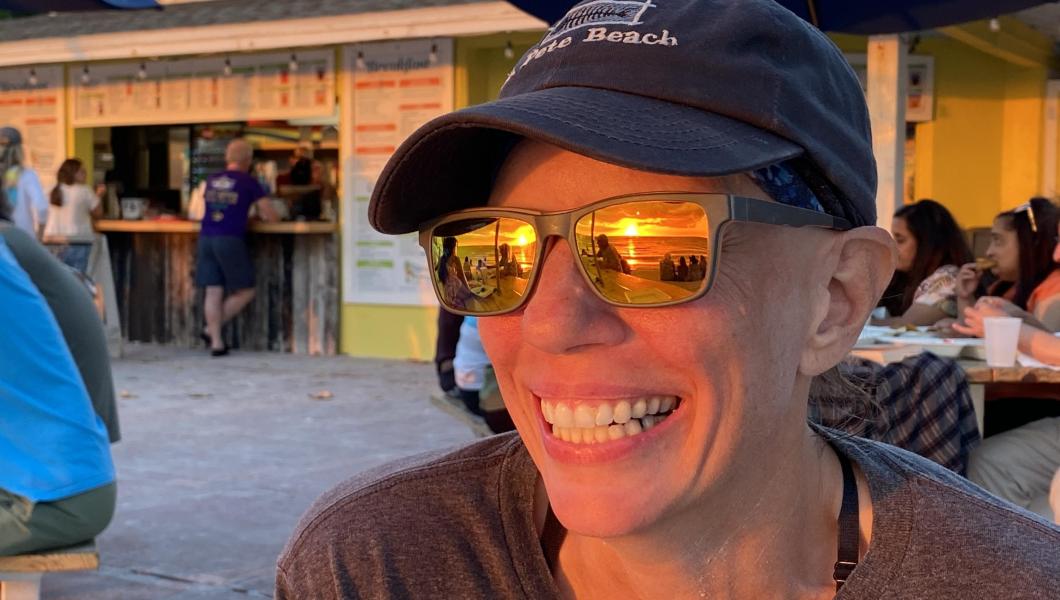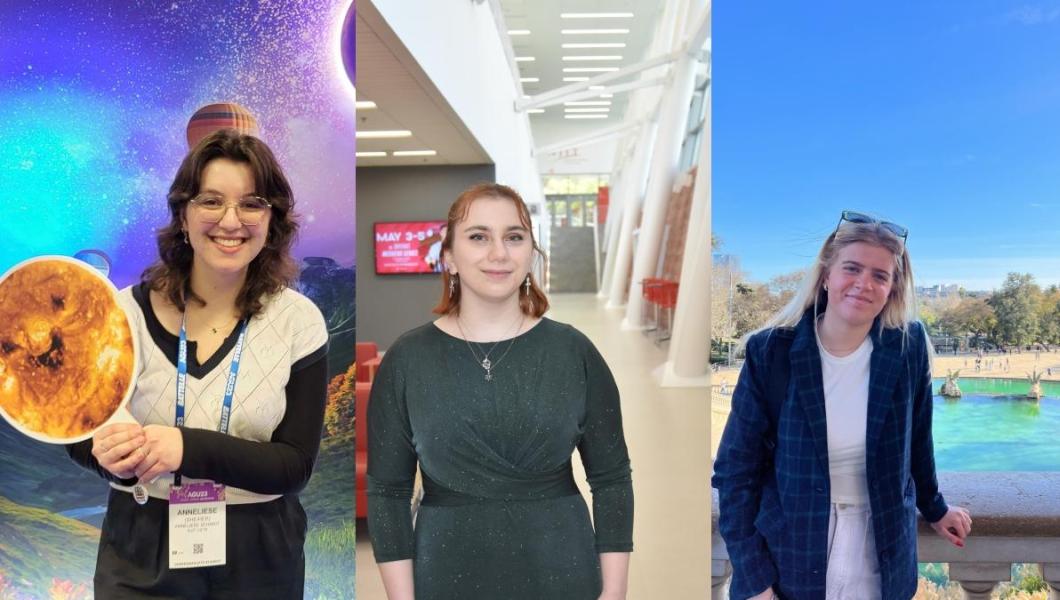New Jersey's Educators Arrive at NJIT To Celebrate Digital Learning Day 2019

On Thursday, February 28, NJIT welcomed New Jersey’s teachers, school district leaders and stakeholders for an annual nationwide “celebration of technology paired with great teaching,” known as “Digital Learning Day 2019.”
The event attracted nearly 300 educators and 200 attendees streaming on YouTube to learn about new technologies that enhance effective teaching and student learning. The event also kicked off the “2019 Certification Summit” for a record number of schools and districts pledging commitment to the Future Ready Schools-New Jersey (FRS-NJ) certification program — New Jersey’s initiative to promote digital education and readiness throughout the state’s elementary and secondary public schools.
The summit provided a venue for collaboration among educators and districts seeking to earn a higher FRS-NJ certification status by bolstering their STEM education and digital learning practices. It also represented a critical first step for new districts that plan on entering the program by declaring their “District Commitment” and establishing their own digital education initiatives.
“One of the tremendous responsibilities we have as educators is to help our students realize their dreams…to prepare them for a lifelong journey by estimating what the future landscape will be, and what skills they’ll need to learn for successful careers and citizenship,” said Kevin Belfield, dean of NJIT’s College of Science and Liberal Arts at the introduction of the summit. “I commend each of your efforts to prepare your schools to truly be Future Ready.”
A Growing Commitment to Digital Learning
FRS-NJ’s 2019 summit represented the launch of just the third certification cycle for the state’s program, which was initiated based on the nationwide Future Ready Schools framework in 2017 as part of a partnership between New Jersey Department of Education (NJDOE), the New Jersey School Boards Association (NJSBA) and NJIT.
This year’s summit — highlighted by an audience Q&A session with a panel of FRS-NJ-certified district leaders who shared tips for going through the program’s certification processes — showcased the sharp rise in schools and districts that are now committing efforts toward reaching bronze or silver tier certification status through the program’s assessment guidelines and “Indicators of Future Readiness.”
At the event, Jeremy Reich, FRS-NJ project coordinator at NJIT, announced that 115 committed districts and 355 schools are now participating in the program, compared to 72 committed districts and 120 participating schools announced a year ago at the 2018 summit. The number of FRS-NJ-certified schools and districts has also climbed from 63 schools from 20 districts in 2017, to 139 certified schools from 44 districts this past year.
“Each additional community member that engages in the program, whether it be our district leaders, teachers, or librarians, is strengthening our foundation of educators,” said Reich. “They are now all utilizing the same language to support each other in their Future Ready efforts.”
For first-time attendees like Lisa Manganello, a librarian at South Brunswick High School, the summit offered an opportunity to learn how to start the process and help her district organize to reach FRS-NJ bronze certification, a status that they are planning to apply for this year.
“Being our first year, we are looking at how librarians can better support our students and to see where our holes are as a district are so that we can raise ourselves up to the Future Ready level,” said Maganello. “I am really hopeful to learn from people here who have already been through the process and have completed bronze status to get their advice as we start out.”
Educators who have already helped their districts reach the program’s highest status of silver tier certification, such as Wendy Morales, Middleton District’s supervisor for technology and digital media, arrived to network with those new to the program and share how her district transformed its digital learning practices.

“One of the best things about this program has been the reflecting process…learning where you stand and where you need to go to better prepare students,” said Morales. “The other great benefit is to be able to connect with other districts, either to both help them and learn from them. Overall, it has been transformative for us, and has made the greatest impact that I have seen in my 21 years of education in student learning.”
Following announcement of the FRS-NJ 2019 certification cycle was the official unveiling of the program’s new Future Ready Librarians Resource Indicators — a self-assessment tool for librarians to gauge their district’s educational practices and resources as they progress toward FRS-NJ certification. Reich says that the new initiative taps into the state’s vast network of school librarians, which could expand overall participation in the FRS-NJ program even further by 2020.
“Our librarians have a national framework behind them already, and we think providing them with this tool will have a big impact,” said Reich. “We have been able to bring the state’s librarians together and give them this resource to help them self-assess and support their school’s FRS-NJ efforts. That growing support base is a huge aspect for the program going forward.”

